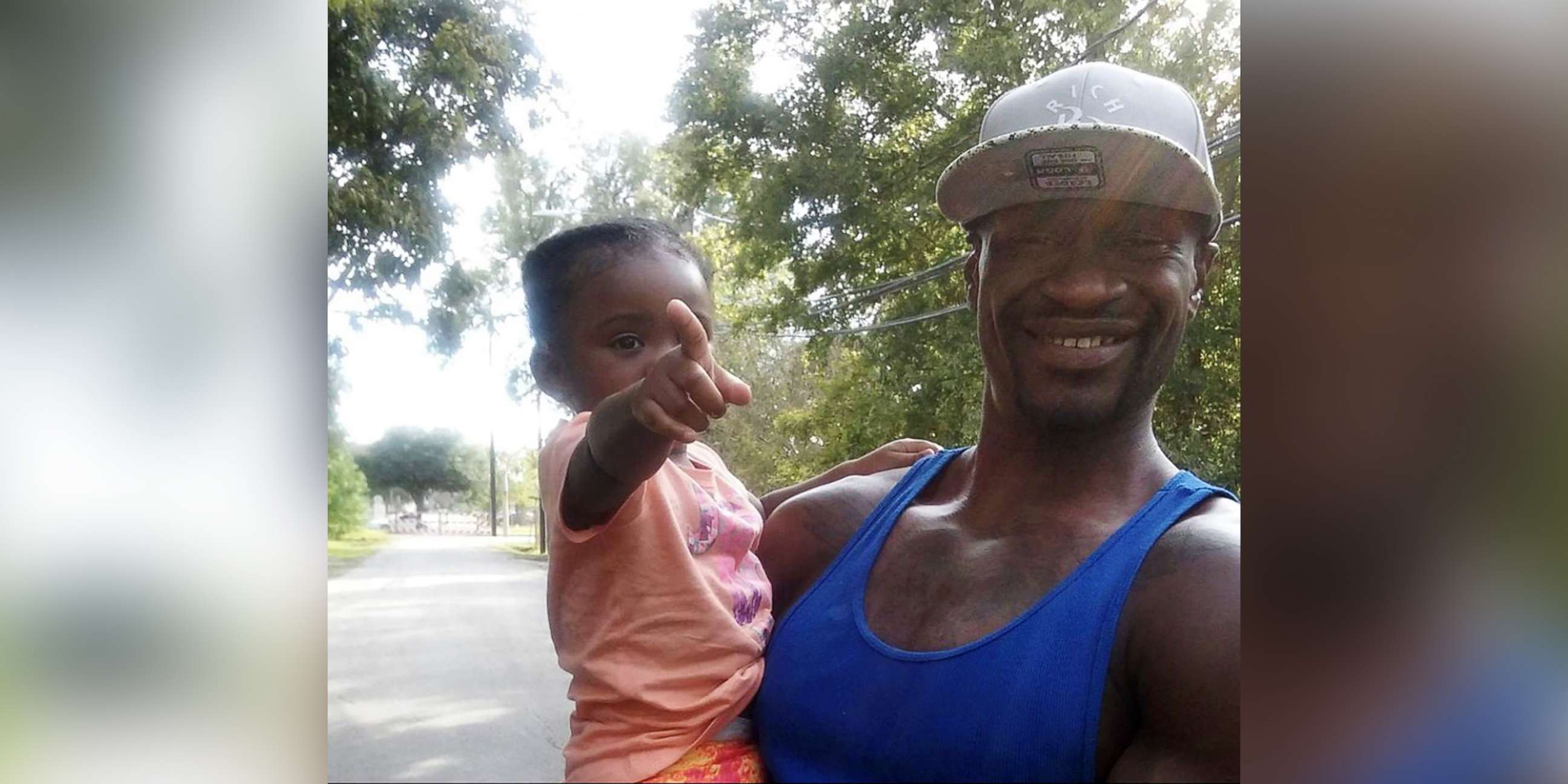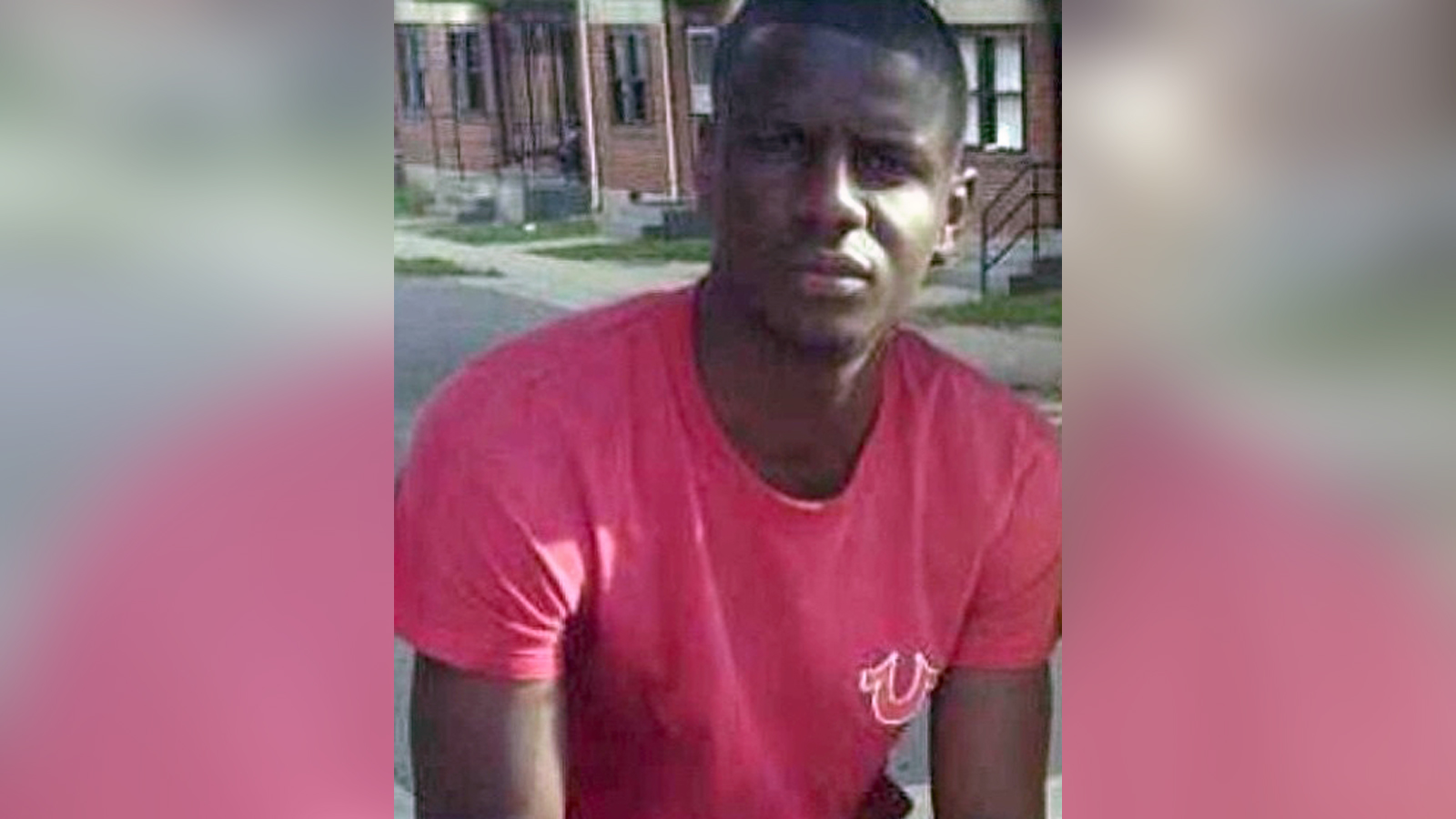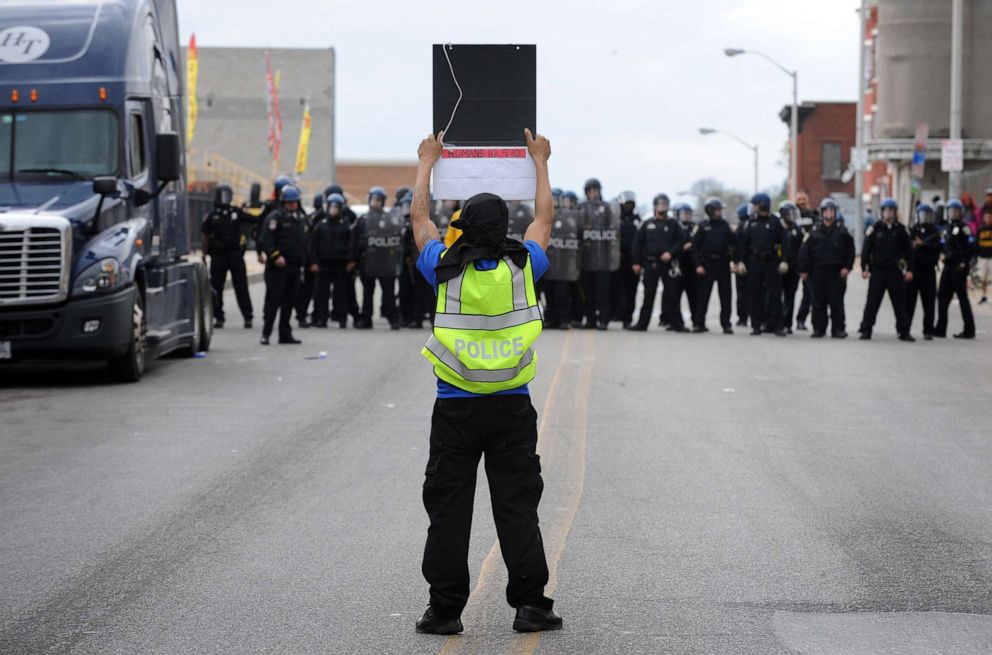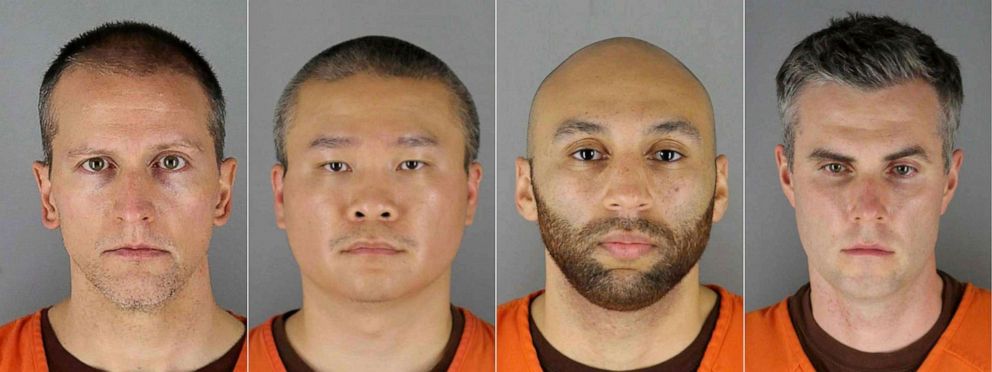Advice Marilyn Mosby, prosecutor in Freddie Gray case, has for those handling George Floyd's
Baltimore city state’s attorney Marilyn Mosby tried the Gray case.
Nine days after George Floyd was seen gasping for air while a former Minneapolis police officer pinned his knee on his neck, all four officers at the scene are now facing murder charges.
Derek Chauvin, the officer who was seen on bystander cellphone video with his knee pinned to the 46-year-old Floyd's neck, was initially charged with third-degree murder and second-degree manslaughter on May 29.
The Minnesota attorney general announced Wednesday that Chauvin is now facing the additional charge of second-degree murder.
In addition, prosecutors announced that Thomas Lane, J.A. Kueng and Tou Thao, the other three officers at the scene, are charged with second-degree aiding and abetting felony murder and second-degree aiding and abetting manslaughter, according to court documents.
It's an early step in what will likely be a long, winding legal road -- only one police officer has ever been convicted of murder in the state of Minnesota.
"We are confident we can do this but we understand the challenge in front of us which is why we're working extra hard," Attorney General of Minnesota Keith Ellison said on "Good Morning America" on Thursday.

Baltimore city state's attorney Marilyn Mosby, whose office brought charges against the officers involved in Freddie Gray's death, knows all too well the difficulties of prosecuting cases like this. This week, she penned an op-ed comparing the Gray case to the Floyd case and has criticized Ellison for initially saying at a press conference "that winning a conviction will be hard."
"Just having the courage to effectuate change and to challenge the status quo and apply that one standard of justice is not enough," Mosby told "Nightline" co-anchor Byron Pitts. "There are also real sort of systemic reforms that need to take place … when it comes to police and recruitment."

Five years ago, Gray, 25, suffered a fatal spinal injury while in the back of a police transport van. He slipped into a coma and died one week later, on April 19, 2015. His death sparked days of violent protests in Baltimore.
The following day, Mosby announced her office was launching an independent investigation to determine if criminal charges were warranted.
Almost two weeks after Gray's death, six police officers were arrested on several charges.
Caesar Goodson, who was the officer behind the wheel of the police transport vehicle where prosecutors said Gray suffered his fatal spinal cord injury, was charged with second-degree depraved-heart murder -- the most serious charge of the six -- among other charges. Four other officers -- Brian Rice, Garrett Miller, Alicia White and William Porter -- faced charges that included second-degree assault, misconduct in office and reckless endangerment.
The sixth officer, Edward Nero, faced four misdemeanor charges that included assault, reckless endangerment and misconduct in office.
The Baltimore Police Department disclosed that Gary had been arrested for possession of an illegal switchblade. When Mosby announced the charges against the officers, she claimed, "The knife was not a switchblade and is lawful under Maryland law."

All six officers pleaded not guilty. In the end, all charges against them were eventually dropped or the officer was acquitted.
Mosby was both praised for her efforts to bring charges against the officers and criticized for moving too quickly.
"I would just say that justice delayed is justice denied," Mosby told "Nightline." "It took us 18 days from the incident in which Freddie Gray was actually arrested to formulate and to assess the evidence and to make the decision to charge those officers after we had received the autopsy report declaring the killing a homicide."
Although none of the officers involved in the Gray case were sent to prison, Mosby still saw prosecuting the case as a step forward towards better policing in Baltimore.
"What people are looking for is accountability and accountability, one standard of justice," she said. "Accountability in the Freddie Gray case led to exposure. The exposure led to reform. And although those individual officers weren't held criminally and individually responsible, every single one of the police officers in Baltimore City are being held accountable for the actions of a few. And that's better than I could have ever hoped for."
When asked if she felt "wounded" by losing the Gray case, as the city of Baltimore still struggles with police reform, Mosby said, "It was never about me."
"Justice is always worth the price paid for its pursuit. And, you know, I think our city has gone through so much, but we are so resilient," Mosby said. "Am I wounded? I mean having gone through the experience that I did, it's hard not to be, but it was never ever about me, it was always about what I represented to the status quo… and making that type of reform and humanizing [a] 25-year-old black man by the name of Freddie Carlos Gray, Jr."
Mosby hopes representation is at the forefront as Ellison moves forward with his case. Her advice to the Minnesota attorney general and his team is to not give up the fight.
"You will come across the naysayers and the individuals that will try to impose and intimidate you, impose hateful rhetoric to intimidate you, but stand firm in your conviction, because that's your job, and you have an obligation to pursue justice on behalf of that family, and on behalf of George Floyd," Mosby said.
All four officers involved in the Floyd incident were fired from the Minneapolis Police Department in the wake of his death.

According to arrest warrant documents, Chauvin pinned his knee onto the back of Floyd's neck for eight minutes and 46 seconds.
During that time, Lane asked Chauvin whether Floyd should get rolled onto his side, but Chauvin refused to move him, according to the warrant. Lane allegedly was holding Floyd's legs as Kueng allegedly was holding Floyd's back down as Chauvin kept his knee in place, according to the arrest warrant. Thao was seen on the video with both of his hands in his pockets.
Officer Chauvin is in jail on $500,000 bond. Lane, Kueng and Thao all were in custody by Wednesday afternoon, according to Drew Evans, superintendent for the Minnesota Bureau of Criminal Apprehension.
ABC News' Jessica Hopper and Mariam Kahn contributed to this report.




